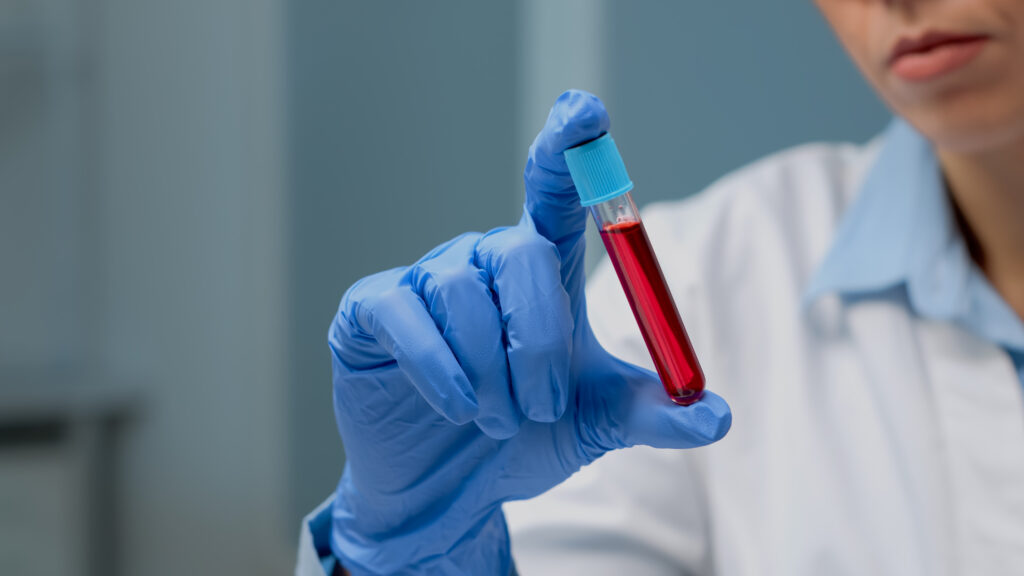Kidney function tests help doctors check how well your kidneys are working. These tests are important because healthy kidneys remove waste and extra water from your blood. If your kidneys do not work well, waste can build up and cause health problems. In this blog, you will learn what kidney function tests are, why they matter, and what to expect during the process. We will also cover the kidney function test procedure, normal kidney function test results, and why kidney function tests are important for your health.
What Are Kidney Function Tests?
Kidney function tests are simple blood and urine tests. They measure how well your kidneys filter waste and balance fluids. For example, these tests can show if your kidneys are damaged or not working as they should. Doctors use these tests to find problems early, even before you feel sick.
Why Are Kidney Function Tests Important?
Healthy kidneys are vital for your body. They remove waste, balance fluids, and help control blood pressure. However, kidney problems often do not cause symptoms at first. Because of this, kidney function tests are important for early detection. Early treatment can prevent serious health issues. According to the CDC, millions of people have kidney disease and do not know it. Therefore, regular testing can help protect your health.
Common Types of Kidney Function Tests
There are several types of kidney function tests. Each test gives different information about your kidneys. Here are the most common ones:
How Are Kidney Function Tests Performed?
Kidney function tests are quick and simple. Most tests need a blood or urine sample. Here is what you can expect:
Usually, you can return to normal activities right after the test. The kidney function test procedure is safe and does not take long.
Understanding Your Results
After the tests, your doctor will explain the results. Normal kidney function test results mean your kidneys are working well. However, abnormal results may show kidney damage or disease. For example:
Sometimes, results can be affected by dehydration, diet, or certain medicines. Therefore, your doctor may repeat tests or order more checks to confirm the results.
When Should You Get Kidney Function Tests?
Some people have a higher risk of kidney disease. You should consider kidney function tests if you:
If you live in a city with high rates of kidney disease, like New York or Chicago, regular testing is even more important. Early testing can help you stay healthy.
Prevention and Lifestyle Tips
There are steps you can take to keep your kidneys healthy. Here are some simple tips:
With these habits, you can lower your risk of kidney problems. Regular check-ups and kidney function tests will help you catch any issues early.
Conclusion
Kidney function tests are simple but important tools for checking your kidney health. They help find problems early, guide treatment, and keep you healthy. If you have risk factors or symptoms, do not wait. Consult a healthcare professional for personalized advice on kidney function tests and how to protect your kidneys.

